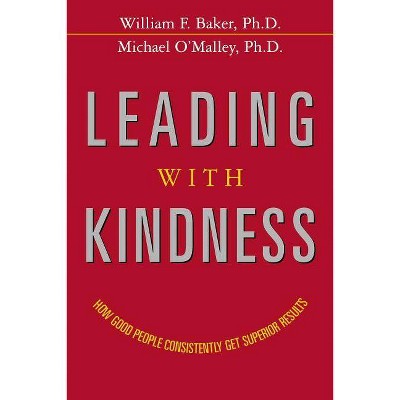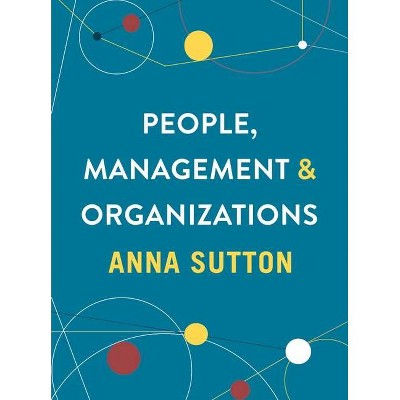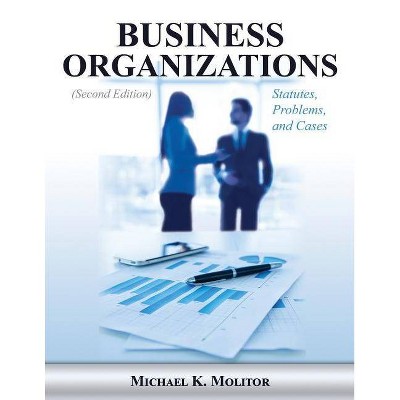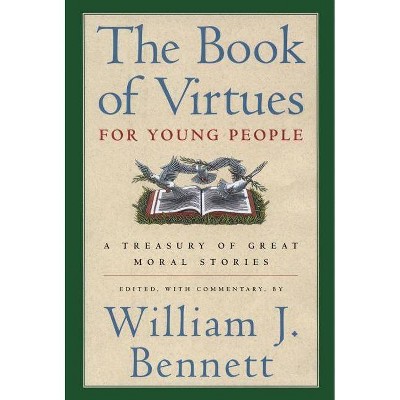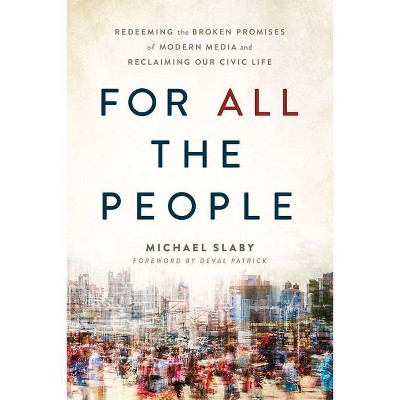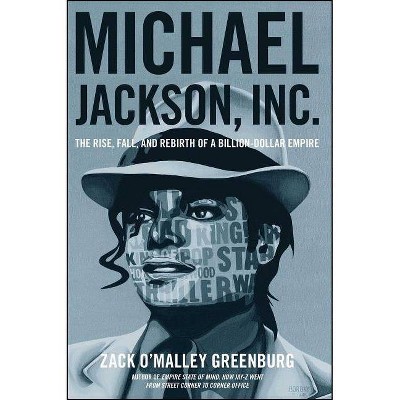Organizations for People - by Michael O'Malley & William F Baker (Hardcover)
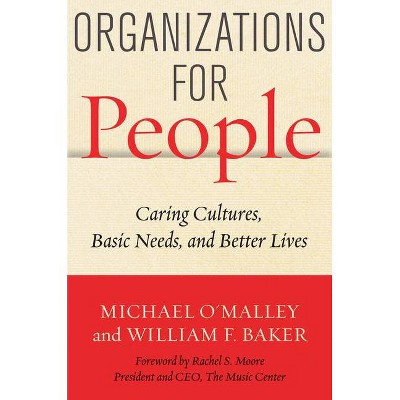
Similar Products
Products of same category from the store
AllProduct info
<p/><br></br><p><b> About the Book </b></p></br></br>The companies that create kind cultures and put people (employees) first produce highly enterprising and successful businesses while enabling their people to live satisfying and personally fulfilling lives.<p/><br></br><p><b> Book Synopsis </b></p></br></br><p>For many years, there has been quite a bit of talk about employee engagement as a means to lift corporate profits and reduce absenteeism and turnover. However, this talk has not produced better companies. In fact, the evidence shows that incivility and instances of employee abuse are getting worse. Additionally, with profit as the primary goal of organizations, most employees view any benign treatment they receive as a secondary convenience that will dissipate once corporate fortunes decline. That is, many employees still believe they are expendable in the eyes of their employers. This book turns that equation around by examining the practices of twenty-one companies that put the interests and needs of employees first. Profits are necessary but insufficient for corporate health. The companies featured in this book see it as their mission to offer people a better, more fulfilling life for themselves, and assist with that holistic journey by providing the organizational elements people need to reach their potential. They do this first by creating respectful and kind cultures that treat every person as an equal, sentient partner in the success of the company. Second, they diligently work to satisfy people's basic needs: financial security, belonging, meaning, autonomy, self-acceptance, self-confidence, and growth. The result is a web of fellow-feeling: earnest affection among people who feverishly work to live up to both the high standards of the institution and their obligations to one another. By providing a place where people can do their best work and thrive as individuals and as members of a cohesive community, everyone profits.</p><p/><br></br><p><b> Review Quotes </b></p></br></br><br>[An] upbeat volume that encourages organizations to shift their focus toward making employees' lives better while still meeting economic goals....the narrative is compelling, and the message that kindness and caring will serve organizations better in the long run than will competition and cutthroat policies is refreshing and important. Highly recommended.--L. B. Jabs "<i>CHOICE</i>"<br><br>Far too many leaders fail, not because they are without talent, but because they are without caring or concern for the people they lead. In <i>Organizations for People</i>, O'Malley and Baker elegantly introduce readers to a brand of leadership that never goes out of style: one that will improve your life, the lives of those you lead, and the members of the communities you serve.--Thomas A. Kolditz "Brigadier General, author of <i>In Extremis Leadership</i>, and Founding Director of the Ann & John Doerr Institute for New Leaders, Rice University"<br><br>In a refreshing anecdote to incivility and self-interest, O'Malley and Baker showcase 21 kind companies that have placed people and community at the center of their profit-making endeavors. In their psychologically incisive work, the authors provide countless examples of how humanity and capitalism can co-exist. <i>Organizations for People</i> is a timely reminder of how business can positively affect the lives of people inside and outside of the organization.--Steven Rattner "Chairman and CEO of Willett Advisors LLC and Economic Analyst on MSNBC's <i>Morning Joe</i>"<br><br>Leaders are looking for simple, impactful practices that they can implement--and this book is filled with them. The authors target areas of true value for organizations and present actionable examples that can transform business. By demanding better leadership, this timely work lays out human-centered processes and practices that leaders at all levels can use to meet business goals.--Donna M. Rapaccioli, Dean of the Gabelli School of Business "Fordham University"<br><br>O'Malley and Baker challenge their readers to build successful organizations based on 'people-centric' principles and, by extension, evolve from 'unvarnished capitalism' toward a refined system that still benefits from the advantages of innovation and competitive urgency while maintaining a serious commitment to a culture of ethical wellbeing. A thoughtful message for all leaders at this time of national reflection on the equity of our foundational economic system.--Edward Reilly "17th President and former CEO of the American Management Association"<br><br>Organizations are only as good as the people who work there. In <i>Organizations for People</i>, Michael O'Malley and Bill Baker show once more that we need to treat people with respect and kindness--because they deserve it. If you do so, good things follow, such as superior economic results and sustainable and harmonious integration in the larger fabric of society. A really important topic and a must-read.--Franz Heukamp, Dean "IESE Business School"<br><p/><br></br><p><b> About the Author </b></p></br></br><b>William F. Baker</b> directs the Bernard L. Schwartz Center for Media, Public Policy, and Education at Fordham University. He is also the Distinguished Professor of media and entertainment at IESE Business School, Barcelona, Spain, and President Emeritus of WNET-Thirteen, New York's public television station. For ten years, he taught a business class at the Juilliard School in New York. <b>Michael O'Malley</b> is Managing Director at Pearl Meyer, a leading consultancy to executives and boards, where he is responsible for a broad range of talent management initiatives centered around compensation design, leadership development, and organizational effectiveness. He is also a Lecturer in Yale University's School of Medicine.
Price History
Price Archive shows prices from various stores, lets you see history and find the cheapest. There is no actual sale on the website. For all support, inquiry and suggestion messages communication@pricearchive.us
